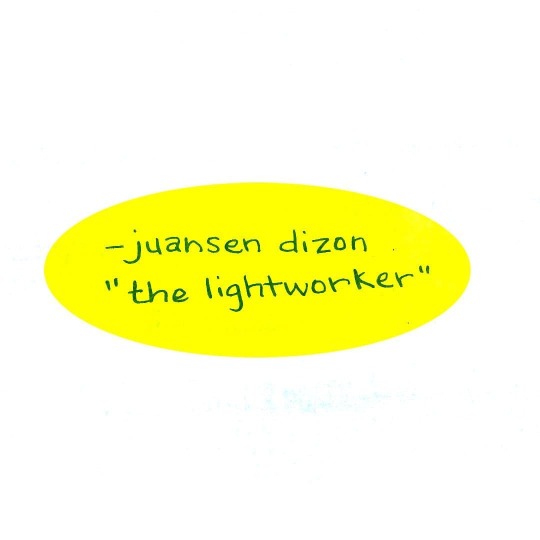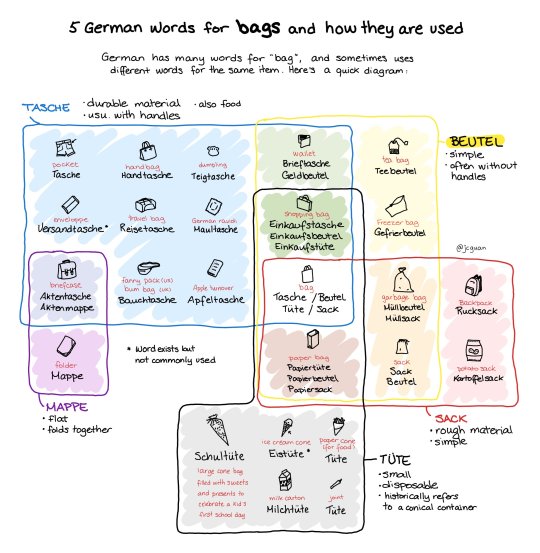Text
“Von 100 Genies gehen 99 unentdeckt zu Grunde.”
—
Out of 100 geniuses, 99 perish undiscovered.
Rudolf Diesel (1858 – 1913), German engineer and inventor of the Diesel engine
66 notes
·
View notes
Photo



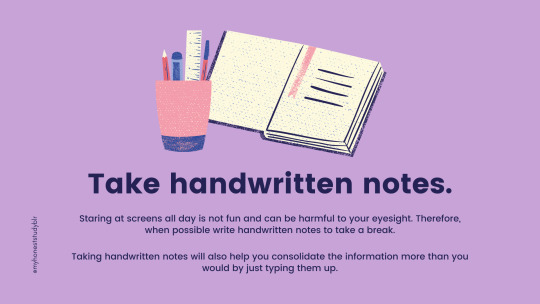
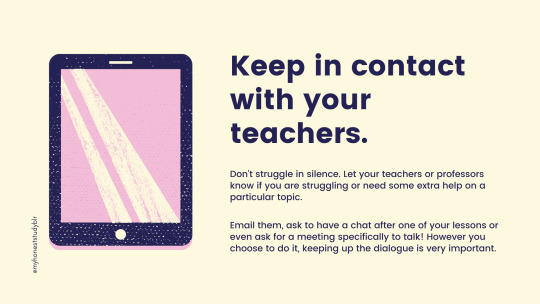




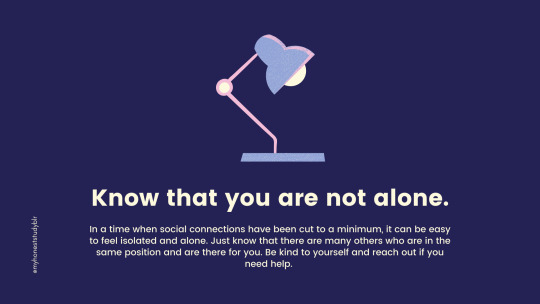
my masterpost | my studygram | ask me anything
[click images for high quality]
Other advice posts that may be of interest:
How To Stop Procrastinating
How To Study When You Really Don’t Want To
Unusual Study Tips
How To Do Uni Readings
Active Revision Tips
3K notes
·
View notes
Photo

— A2 vocab: —
gute Eigenschaften / Characterzüge - good character traits
bescheiden - modest
ehrlich - honest
ernst - serious
fleißig ≈ arbeitsam - diligent, hard-working
fröhlich - cheerful
geduldig - patient
gerecht - rightful
höflich - polite
klug - smart
intelligent - intelligent
interessant - interesting
lustig - funny
mutig - brave
nett ≈ freundlich - nice, friendly
offen - open
ruhig - calm, quiet
selbstsicher ≈ selbstbewusst - self-confident
sympathisch - pleasant
tolerant - tolerant
treu - faithful, loyal
vernünftig - reasonable
— B2 vocab —
anpassungsfähig - flexible, adaptable
aufrichtig - straightforward
ausgeglichen - balanced
gehemmt - inhibited
großzügig - generous
hilfsbereit - helpful
kultiviert - cultured
locker - relaxed, cool
mitfühlend - sympathetic
reif - mature
respektvoll - respectful
rücksichtsvoll - considerate
selbstlos - unselfish
sensibel - sensitive
taktvoll - tactful
temperamentvoll - temperamental
verantwortungsbewusst - responsible
zuverlässig ≈ verlässig - trustworthy, steady
4K notes
·
View notes
Photo







✏️Ich trinke eigentlich meistens Tee. Wenn ich wirklich müde bin, trinke ich Kaffee - also jeden Morgen. ;)
🇩🇪 der Kaffee
🇩🇪 eine Tasse Kaffee
🇩🇪 Kaffee zum Mitnehmen
🇩🇪 der Espresso
🇩🇪 die Kaffeekanne
🇩🇪 gemahlener Kaffee
🇩🇪 die Kaffeebohne
🇬🇧 coffee
🇬🇧 a cup of coffee
🇬🇧 coffee to take away
🇬🇧 espresso
🇬🇧 coffee pot
🇬🇧 ground coffee
🇬🇧 coffee bean
267 notes
·
View notes
Text
"Romantic obsession is my first language. I live in a world of fantasies, infatuation and love poems. Sometimes I wonder if the yearning I've felt for others was more of a yearning for yearning itself. I've pined insatiably and repeatedly: for strangers, new lovers, unrequited flames. While the subjects changed, that feeling always remained. Perhaps, then, I have not been so infatuated with the people themselves, but with the act of longing."
-Melissa Broder, from "Life without Longing," The New York Times
14K notes
·
View notes
Text
German Vocab: Sadness
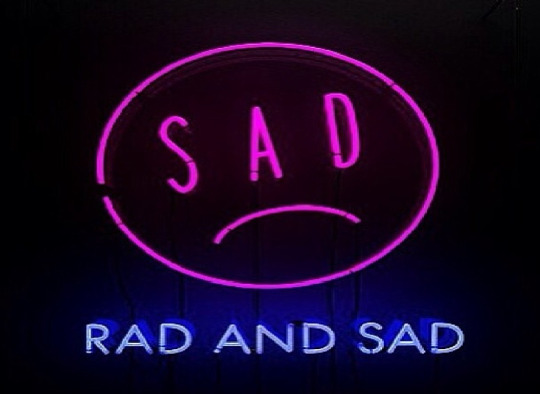
wimmern - to snivel (to cry and sniffle)
schluchzen - to sob
weinen - to cry
trauern - to grieve
schmollen - to pout; to sulk
schreien - to cry; to shout
sich beschweren (über +Akk) - to complain (about something)
sich beklagen (bei +D über +Akk) - to complain (to someone, about something)
_____________________________________________________________
bestürzt - upset; distraught
verärgert - upset
traurig - sad
unglücklich - unhappy; unfortunate
ängstlich - anxious
einsam - lonely
elend - miserable
düster - gloomy
entmutigt - discouraged
enttäuscht - disappointed
schrecklich - terrible; awful
furchtbar - terrible; awful
_____________________________________________________________
das Elend - hardship
die Düsterheit - gloom
die Traurigkeit - sadness
der Schrei, -e - cry; shout
42 notes
·
View notes
Photo




Follow @productive-tips for more tips and content like this posted daily! Handpicked and curated with love :)
123 notes
·
View notes
Text
Reading in other languages
Spanish: there are a few words you didn’t know but they’re cognates or you can figure them out from the context. Fairly understandable & grammar makes sense.
Mandarin: literally only one character you didn’t know before but it messes up the whole sentence. No easy way to find out what it means either so barely half understanding of this one.
German: I UNDERSTAND ALL THESE WORDS SEPARATELY BUT THEY MAKE ABSOLUTELY NO SENSE IN THIS ORDER WHAT DOES THIS EVEN MEAN WHERE DID THE VERB GO? WHY IS THAT ‘DAS’ THERE, SHOULDN’T THAT BE IN THE DATIVE? I HAVE GONE THROUGH EVERY GRAMMAR RULE I KNOW AND THIS STILL DOESN’T MAKE SENSE HELP
2K notes
·
View notes
Photo

‘Schneewittchen" (Snow White) by the Brothers Grimm, illustrated by Heinrich Lefler. Part of a fairy tale calendar published 1905 by Berger & Wirth, Leipzig.
I find the art nouveau flourishes and the coloring of this illustration exquisite.
3K notes
·
View notes
Text
not to be sappy on main BUT one thing that i really loved when studying linguistics was that the more important a word is, the earlier the concept of this thing was given a word. for example, the word water is similar in many similar languages (aqua, agua, água). so, the more important a word is, the more languages it’ll be similar across and the older this word will be, theoretically and generally speaking (many other things also affect this)
AND SO in my years studying linguistics, there was one word that was nearly identical across so many regionally different languages (though there are outliers of course), from europe to most of asia to subsaharan africa to indigenous languages. across nearly all languages this is the first word people learn how to say and maybe the first word humans in general officially named and defined:
mamãe - portuguese
妈妈 (māmā) - chinese
ਮੰਮੀ (mamī) - punjabi
mamah - mayan (yucatec)
мама - bulgarian, russian, ukrainian
ماں (mäm) - urdu
মা (mā) - bengali
mẹ (may) - vietnamese
ママ (mama) - japanese
అమ్మ (am'ma) - telugu
mama - quechua
મમ્મી (mam'mī) - gujarati
അമ്മ (am'ma) - malayalam
amá - navajo
엄마 (omma) - korean
eme - native hawaiian
onam - uzbek
aana - yupik
mema - tagish
μαμά (mamá) - greek
mama - swahili
أمي (umi) - arabic
mayi - chichewa
माँ (ma) - hindi
mam - dutch
ម៉ាក់ (ma) - khmer
แม่ (mæ̀) - thai
அம்மா (am'mā) - tamil
අම්මා (ammā) - sinhala
amai - zulu
ama - basque
आमा (āmā) - nepali
အမေ (amay) - myanmar (burmese)
mamá - spanish
mom/mum- english
this isn’t actually the first word because we teach babies this word (most likely), but because the “mama” or “ama” sounds are the easiest things for babies to say, and it’s nearly always the only thing they can say at first, and adults across all languages defined their language around that.
babies all over the world for thousands and thousands of years all started out blabbering sounds like “mama” and mothers everywhere were all like Oh Shit That’s Me! I’m Mama!
136K notes
·
View notes
Text


The fun thing about lots of folk ballads just being multiple versions of the same story is that you start to see certain characters waltz through the lyrics over and over again - so that inspired me to do some little character designs based on this cast of cruel crooks and hapless victims 🎶
19K notes
·
View notes
Text
Greeting people, but make it German
Guten Tag (When talking to someone you would call “Sir” or “Ma’am"), Guten Abend, Guten Morgen
Hi, Hallo
Grüß Gott, Grüß dich, Grüß Sie, Grüezi, Servus! (southerners say these!)
Tachchen, Moin moin (For the ones up in the north)
Was geht ab? (For the “cool kids”)
Wie geht es dir? is for people either your age, younger or people you know well, Wie geht es Ihnen? is more formal, and is the default unless you get to know the person better with time and the ice melts
Wie geht’s? is even more casual
Was ist los? Was ist hier los? Was ist denn los? sound like what’s up or what’s wrong, “denn” makes it even more serious, “hier” means here
Alles Klar? is more like is everything alright?
Extra Tip: Don’t ask everyone you talk to how they are, store clerks and waitresses don’t care
767 notes
·
View notes
Text





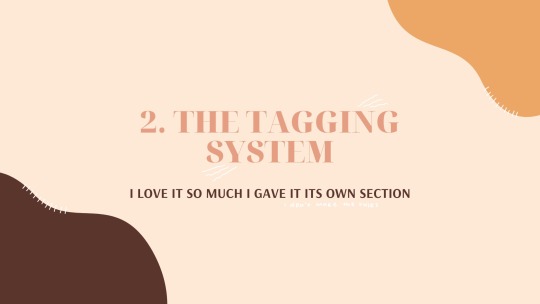
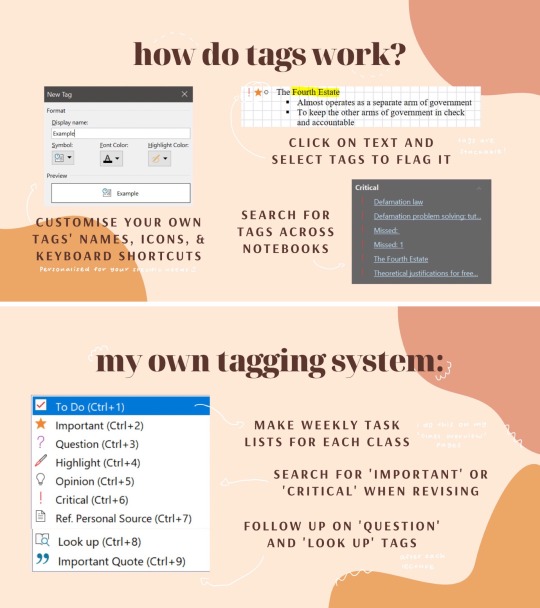


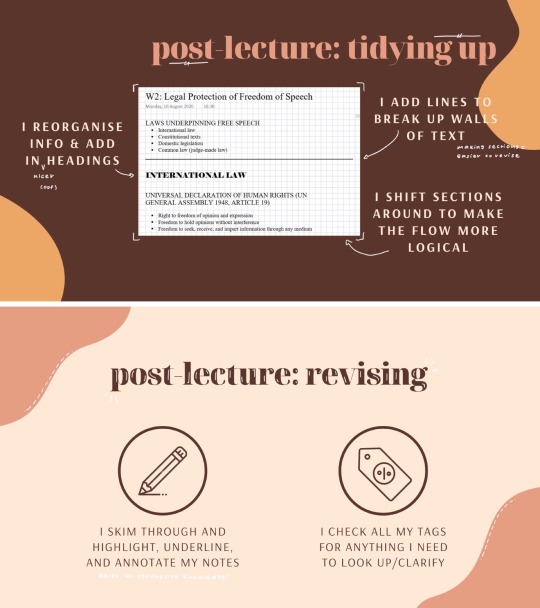
a few people have asked for a post on how i use onenote, so here’s a quick guide! also obviously not sponsored lol
7K notes
·
View notes
Photo

1. Vocab Sheets - Words in one column, definition in another column. Fold the paper in half to cover one column and try to recall definition or word.
Advantages: Easy to make, portable.
Disadvantages: You can see the definition of the next word when you flip the vocab sheet around.
2. Flash Cards - Definition on one side, words in another.
Advantages: Can shuffle the order of terms, portable, can study in quick bursts between classes.
Disadvantages: Must actively try to recall instead of just flipping the card over when you hit the slightest roadblock.
3. Accordion Sheets - This is a method I made up myself. I have a post on it here. This is best for foreign language vocab. Basically, you write the term in English in the margin of a piece of notebook paper and then write from memory the term in your target language in the column over. Correct yourself with a different colored pen, and then fold over the column with English in it. Finally, write the English in the column to the right of the target language column. And repeat this process until you have memorized everything.
Advantages: Fast, easy, can see differences between terms easily, asks you to recall by writing down and correcting yourself visually, can easily see improvement or terms that are giving you trouble. This is one of my favorite methods to learn vocab quickly.
Disadvantages: Not good for terms with complicated definitions. No random order.
4. Audio Recording - Create an audio recording where you say a term, wait a few seconds of silence, and then say the definition. You can listen to this audio file when you’re walking or doing chores. The few seconds of silence in between the term and the definition are when you would think/say your answer when you’re listening to the recording.
Advantages: Can study while you’re doing other things.
Disadvantages: Slow, takes time to record.
5. Quizlet - Flashcards but digital.
Advantages: I mostly create quizlets for other people so future students in the class can use my sets, which is motivating.
Disadvantages: I find that I don’t memorize things as well when they’re digital. Plus, I don’t think when I type, which means I’m losing out on the thinking I’d be doing if I were making physical flashcards, but that’s just me.
6. Stickynotes everywhere - If you have to learn household vocabulary, you can put stickynotes with the vocab in your target languages on your own household items.
7. Mnemonics - Memory devices. For example, the word ferule means “an instrument, such as a cane, stick, or flat piece of wood, used in punishing children,” so I would say, “Ferule looks like feral, which is what punishing children is.”
Advantages: Can be useful to learn tricky vocabulary that is giving you trouble.
Disadvantages: I would most recommend using mnemonics for words/terms you have trouble remembering.
8. Spreading it out - If you are learning English vocabulary, you can try to use one or two of the words in daily conversation.
Advantages: Gives you a situation to attach the word to.
Disadvantages: Not great for studying quickly.
877 notes
·
View notes








